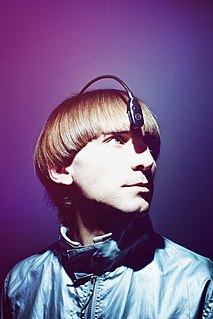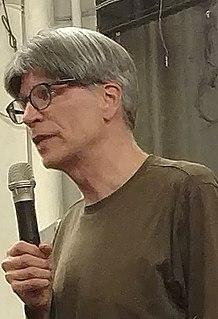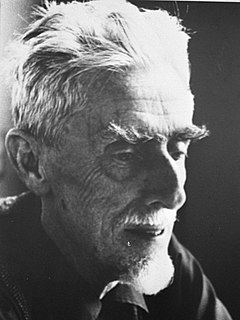A Quote by Richard Louv
We tend to block off many of our senses when we're staring at a screen. Nature time can literally bring us to our senses.
Related Quotes
Too much apparatus, designed to guide us in experiments and to supplement the exactness of our senses, makes us neglect to use those senses...The more ingenious our apparatus, the coarser and more unskillful are our senses. We surround ourselves with tools and fail to use those which nature has provided every one of us.
All we have to believe with is our senses, the tools we use to perceive the world: our sight, our touch, our memory. If they lie to us, then nothing can be trusted. And even if we do not believe, then still we cannot travel in any other way than the road our senses show us; and we must walk that road to the end.
All men naturally desire knowledge. An indication of this is our esteem for the senses; for apart from their use we esteem them for their own sake, and most of all the sense of sight. Not only with a view to action, but even when no action is contemplated, we prefer sight, generally speaking, to all the other senses. The reason of this is that of all the senses sight best helps us to know things, and reveals many distinctions.
In the new alchemy, we have a similar kind of way of thinking. Our internal space includes our intuitions, our thoughts, our senses and our feelings, and from these we construct or build a picture of the outside world. From intuition and thought, we construct time. We also construct space from thought and our sensations. From our senses and our feelings, we experience energy, and from our intuitions and our feelings, we experience motion.
It's not reckless, because when we leap, when we dive in, when we begin, only begin, we bring our true nature to the project, we make it personal and urgent. And it's not abandon, not in the sense that we've abandoned our senses or our responsibility. In fact, abandoning the fear of fear that is holding us back is the single best way not to abandon the work, the pure execution of the work. Later, there's time to backpedal and water down. But right now, reckless please.

































